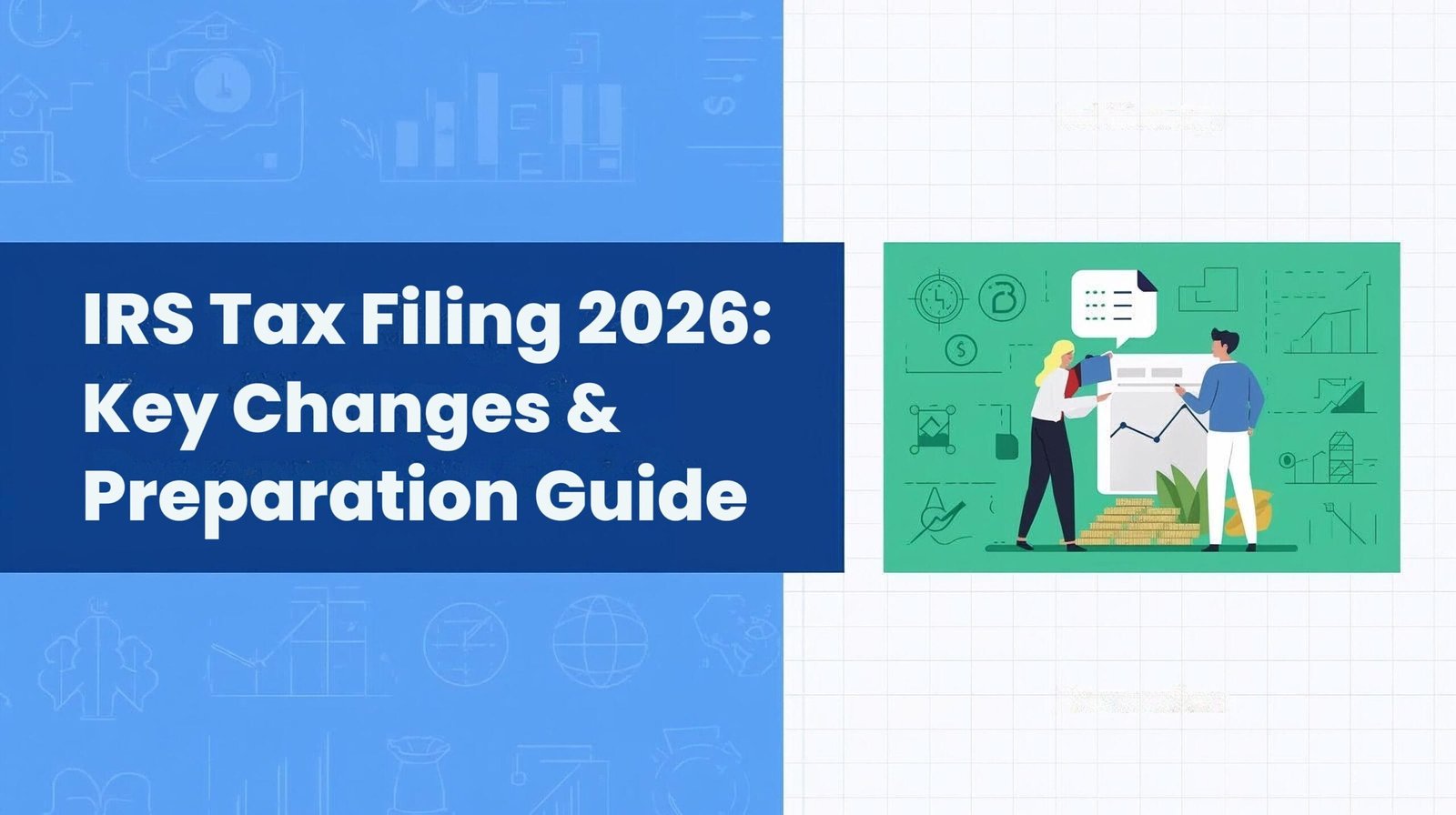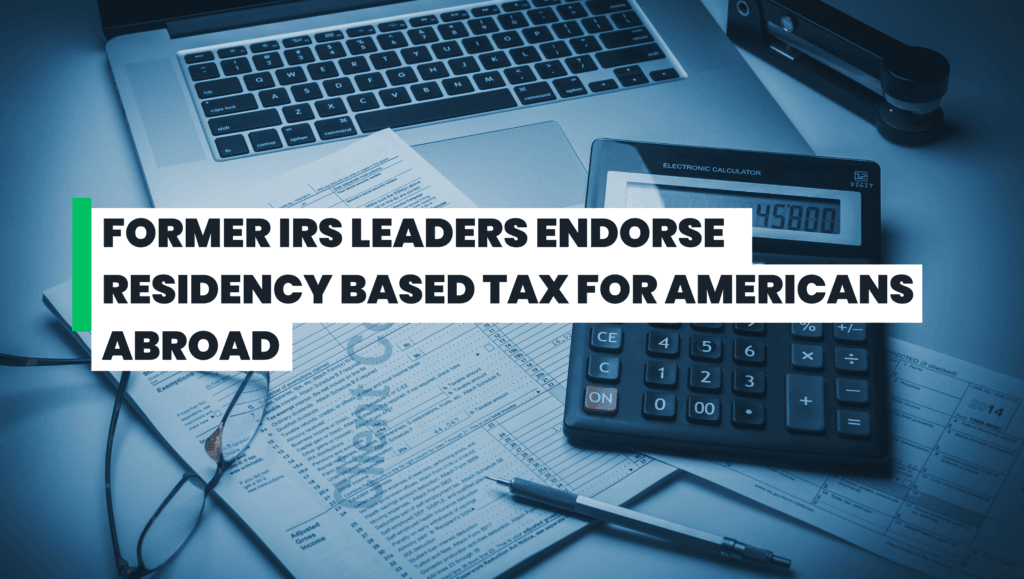
We Make Tax Filing A Breeze
Home » Former IRS Leaders Endorse Residency Based Tax for Americans Abroad

The US tax landscape for Americans living abroad often described as complex, costly, and anomalous may be on the cusp of a major shift. In a significant development, two former top IRS officials, including a former IRS Commissioner, have publicly thrown their support behind moving the United States toward a Residency-Based Taxation (RBT) system for Americans abroad.
This endorsement signals a serious, high-level push for reform that could fundamentally change how US expats and “Accidental Americans” manage their tax and financial lives.
At TheTaxBooks, we specialize in helping international businesses and individuals navigate the intricacies of US tax law. Here is a clear, authoritative breakdown of what Citizenship-Based Taxation (CBT) means today, what RBT proposes, and the importance of this new endorsement.
The United States is virtually alone among developed nations (Eritrea being the other exception) in its approach to tax: Citizenship-Based Taxation (CBT).
Under CBT, the US taxes its citizens and Green Card holders on their worldwide income, regardless of where they live or earn that income. This system creates an immense burden for the estimated 5 million Americans residing overseas.
The proposed solution, embodied in legislation like the Residence-Based Taxation for Americans Abroad Act (H.R. 10468), is to align the US tax system with the global norm: Residency-Based Taxation (RBT).
In an RBT model, an individual is primarily taxed by the country where they physically reside and earn their income.
The proposed legislation does not mandate RBT for all, but offers an elective model for eligible Americans abroad.
Safeguards for High-Net-Worth Individuals: To prevent wealthy individuals from avoiding tax by simply moving abroad, the proposal includes a “departure tax” similar to existing expatriation rules for those exceeding a high net worth threshold.
One of the most powerful provisions of the proposed RBT system is its potential impact on FATCA.
If approved for RBT status, an individual would receive an IRS-issued “certificate of nonresidency.” The financial institution holding their foreign accounts would no longer be required to report on them under FATCA rules. This would solve a major pain point, potentially restoring access to foreign banking and financial services for Americans overseas.
While RBT has been championed by expat advocacy groups for years, the public endorsement from former high-ranking IRS officials carries exceptional weight. These individuals understand the technical and administrative challenges of the current system, giving their critique unique authority.
Their argument is simple but profound: The current CBT system is fundamentally unfair to honest, compliant Americans abroad, and its complexity undermines the US global standing by creating financial hurdles for what are essentially “global ambassadors.”
This insider backing transforms the RBT debate from a mere advocacy issue into a serious consideration for modernizing the US tax code, giving significant momentum to the push for reform.
While the prospect of RBT is encouraging, it is crucial to remember that Citizenship-Based Taxation remains the law of the land today.
Every American citizen and Green Card holder whether they reside in Mumbai, London, or Singapore must continue to comply with the current rules, including filing annual returns, reporting worldwide income, and ensuring accurate FBAR and FATCA compliance.
The potential transition to an RBT system, if passed, will introduce its own set of complex rules regarding eligibility, the elective process, and specific reporting requirements.
How TheTaxBooks Can Help:
Navigating the US tax code especially for US expats, international businesses, and those dealing with complex filings like Form 5471 or Form 5472 requires specialized expertise. TheTaxBooks, led by Principal Consultant Kishore Chennu (MBA, CMA, EA-IRS (US)), offers authoritative guidance on:
We help clients simplify the compliance process today, and we stand ready to guide them through any future changes resulting from the debate on Residency-Based Taxation.
To learn more about how you can reduce your taxes and save money, check out the helpful resources on our blog or contact us today to schedule a consultation.